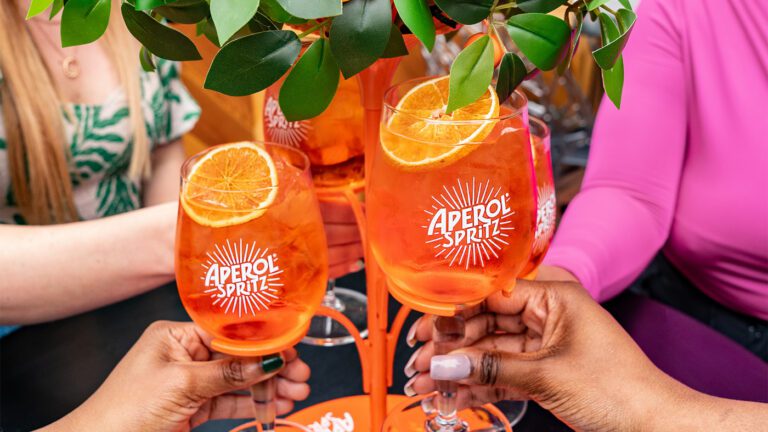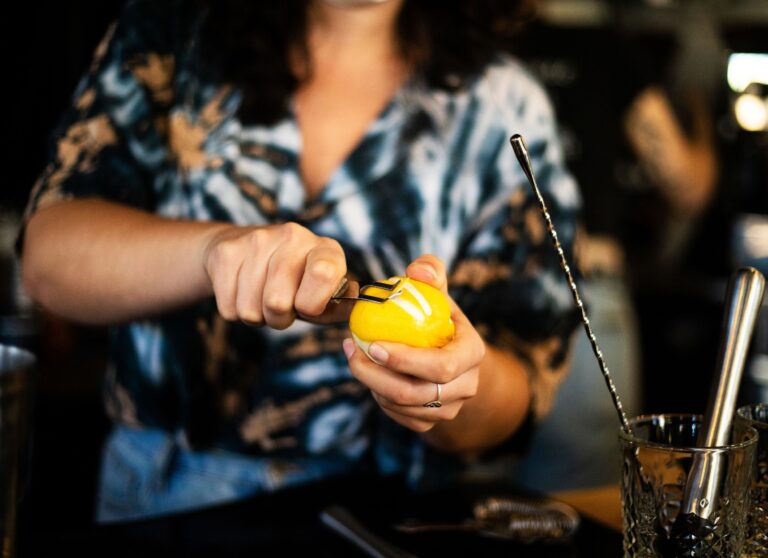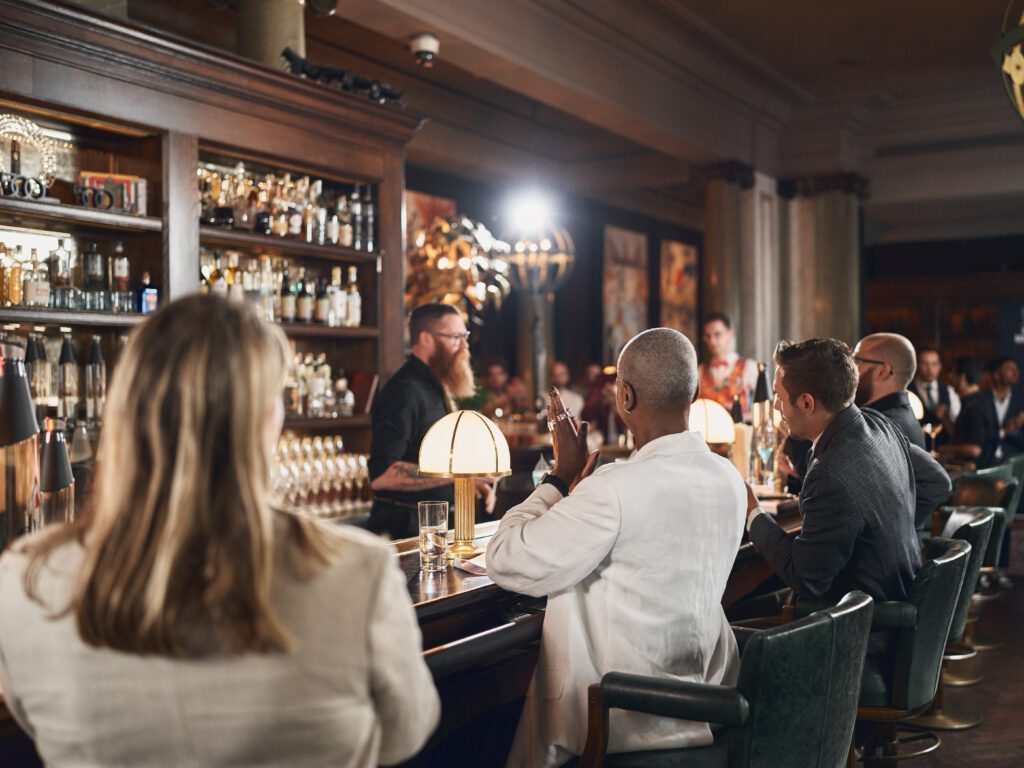
There’s More to Creating Bartender Advocates than a Big Competition Prize
Andy Ives, the man behind BarlifeUK (an institution in the UK on-trade) has given us his take on cocktails competitions and how they should invest in the bartenders beyond just big cash prizes.
These ‘win a house’ ads, run by a company called Omaze, are all over social media at the moment. It’s an upscaled version of the old ‘win a car at the airport’ draw – buy a ticket and be in with a shot of bagging a life changing prize. It’s a simple scheme, and if Omaze’s ad spend is anything to go by, it must pull in enough punters to pay for the prizes and then turn a profit.
At first glance the Omaze competition looks like an internet scam, something the organizers recognise and have tried to combat by putting comedian Romesh Ranganathan in their video spots. I have to confess, this tactic worked on me. I thought ‘If he’s involved, it must be legit. It’s a really nice house, why not have a closer look?’
So I did take a closer look, and the competition is legit, which is good. But the cheapest way to enter is with a ticket that costs £10, which is bad. In my mind, given the number of people who must enter the draw in order to make it profitable, my odds of winning are slim to none, and £10 is too much to throw away on what is essentially a lottery ticket. £1? Yes, that’s worth a punt. £5? Hmm, maybe. £10? No. That’s almost a whole cocktail in a London bar.
This opportunity VS cost calculation is similar to one that many bartenders make when considering a cocktail competition entry. While I am sure most competition organisers and sponsors are aware of the time and effort required for a bartender to create a new signature serve and develop a presentation, I am not so sure they are aware that it also costs the bartender money.
Some venue owners or managers may be happy for their bartenders to use bar stock and ingredients for competition entry development, but many will not, and in these cases the bartender will have to pay for everything they use. If the competition theme requires foraging or any sort of exotic or unusual ingredient, this too will need to be paid for by the bartender. And there are almost always travel expenses, which can range from a couple of quid for a bus across town for the heat, to scores of pounds for a train ticket between cities.
Having spoken to hundreds of bartenders while judging regional heats, I would guess that it generally costs bartenders at least £20 to enter a cocktail competition, with the upper range cost being more like £50 or £60. For the sake of this article, let’s settle on £30 as a reasonable out of pocket expense for entering a comp, and have another look at that opportunity VS cost equation.
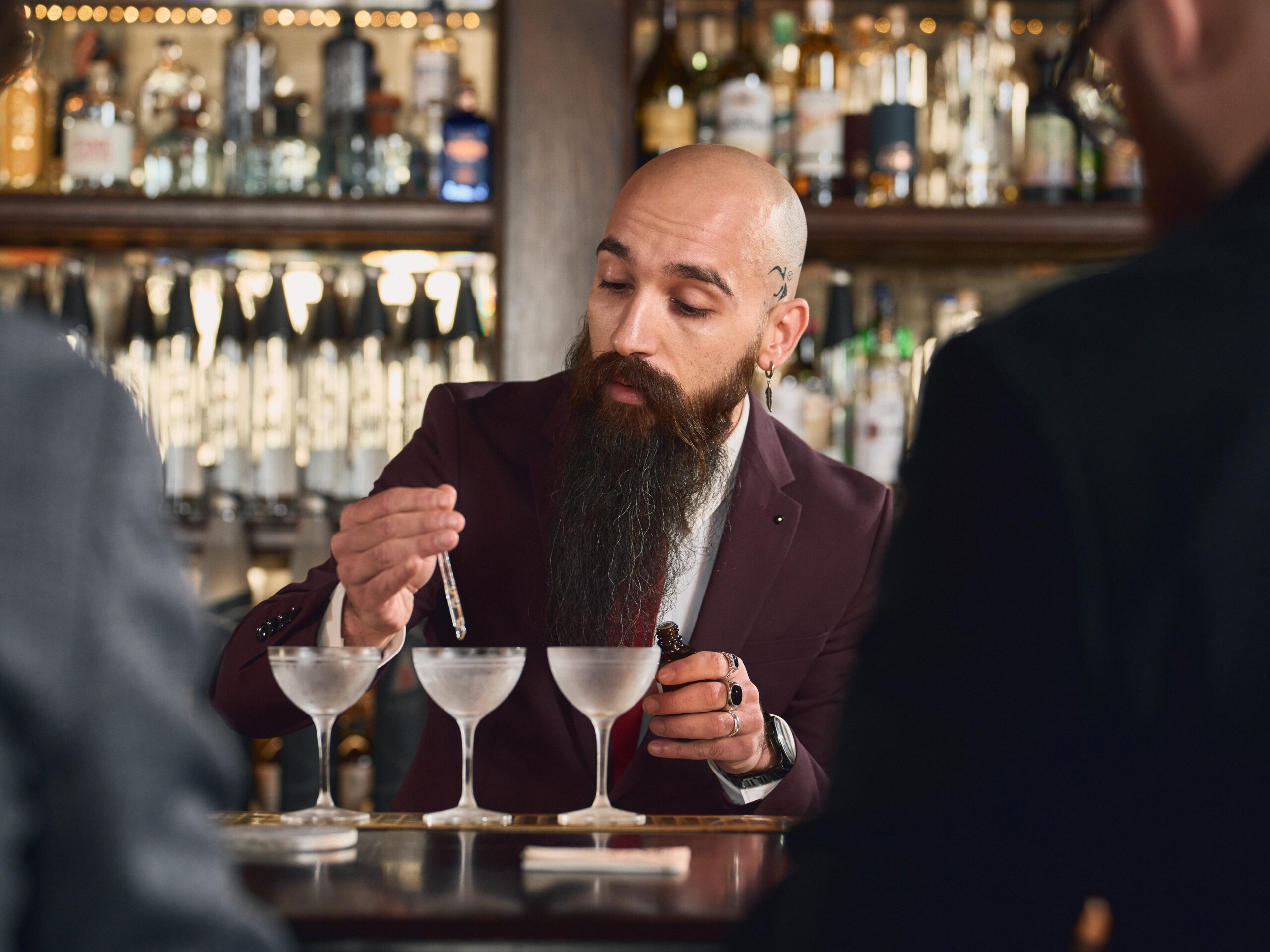
The Process Should Be A Part Of The Prize
Times are tight, and £30 is a considerable expense for someone who may be earning the National Living Wage, which currently sits at £11.44 per hour. Bartenders are a passionate bunch however, and as the continued popularity of cocktail competitions shows, they are willing to invest that money in the right competition. For a brand hosting a competition, having an awareness of this financial outlay by bartenders and addressing it with compassion can simultaneously improve two competition goals: increase entry numbers, and improve post-competition advocacy.
Bartenders enter cocktail competitions knowing the odds are against them, and they probably won’t win. They may be confident in their abilities, but they also see the talent within their community and they understand there is a good chance a colleague will come up with a banging drink and out-perform them on the day, because that’s just how competitions work.
If the competition’s prize is the only thing on the table, some, if not many bartenders will decide the outlay of money and time required to enter the competition is too high, given their likelihood of losing, and decide not to enter.
And, if the competition’s prize is the only thing on the table, a bartender who does invest the time and money to enter and then goes on to lose, may well feel somewhat bitter at walking away empty handed, and harbour ill will towards the competition and the sponsor brand – essentially, the opposite of advocacy.
The key to fixing both of these problems is making sure the competition’s prize is not the only thing on the table, which can be done by keeping three themes in mind: learning, development, and feeling valued.

Here are some simple things every competition should include or do, where possible:
Judges – Competition heats should be judged by people who will respect the bartenders (no getting drunk or constant phone-checking). These judges should be instructed to make copious notes during each presentation, with a view to giving thorough, actionable feedback to each competitor after the competition. It is worth noting that experienced bartenders are often asked to judge competitions without being asked if they know how to go about it, so make sure your judges understand the process and know what is expected of them. Quality feedback that will help a bartender improve their next competition performance is the most valuable thing a non-winner can walk away with.
Photos – Competition organizers will almost certainly bring a photographer to their heats, yet quite often the only images to see the light of day are a few shots of the winner used in press releases or brand social media posts. Instead, collect email addresses for each competitor and make a point of sending one or two high quality action shots (with a little branding added) to them. This cost of this has already been covered by hiring the snapper in the first place, and competitors will appreciate a cool new profile pic, action headshot, or Tinder bio pic.
Food – I am constantly surprised by how often brands host competition heats without laying on food of some sort. A heat of 10 to 15 competitors will run for a full afternoon, and we expect bartenders to be present throughout, so that they can watch their comrades and show commitment to the process. Many competitors will have had to wake up very early in order to travel to the heat, and may have missed breakfast, and everyone in attendance was probably handed at least one drink on arrival. Arranging for a couple of pizzas to be delivered during a break in proceedings can be the difference between a non-winning bartender leaving the venue with a hangry headache, or feeling they were looked after and had a nice day, despite not walking away with the prize.
Out Of Town Travel Expenses – If at all possible, reimburse competitors who have travelled from a different city to a heat for their travel. If budget restrictions preclude full reimbursement, consider making a smaller contribution. Anything a competition organiser or sponsor brand can do on this front will carry huge weight with travelling bartenders, especially if they don’t win the competition. Travel is routinely provided for grand final competitors, but is, for some reason, often overlooked at regional heats. If you want a bartender from Leeds to compete in Manchester, someone has to pay for their ticket, and that bartender will be a lot happier if it’s not them.
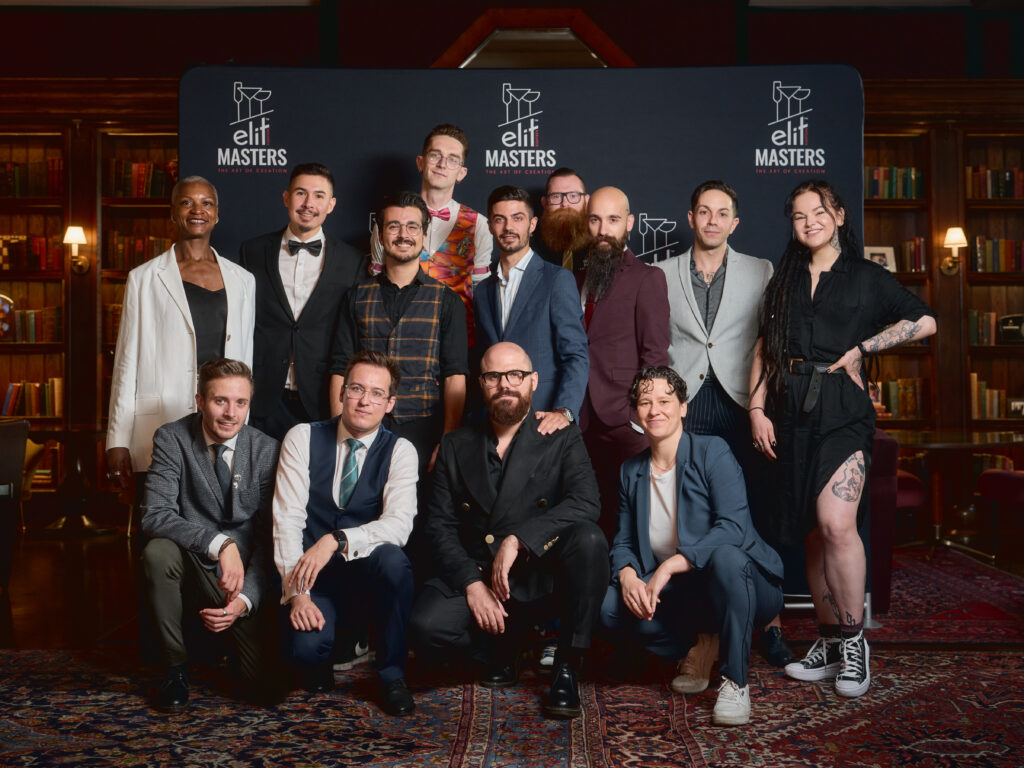
Happy Losers
Implement the four things listed above, and the prize, whatever it may be, is no longer the only thing your cocktail competition has to offer.
Everyone who competes can be sure of receiving quality feedback that will help them improve in their next comp, they will walk away with cool new headshots that will help them develop their social media visibility, they will have been fed, watered, and looked after, and they wont be out of pocket for travelling to the competition.
Make all of this clear in every piece of communication you send out during the competition recruitment phase, and entry numbers will increase, as the opportunity VS cost equation shifts in opportunity’s favour.
And at the heat, and after, as all the competitors are heading out to work their evening shifts, everyone will feel as though they have learned and developed as competitors, thanks to the judges’ feedback, and they will feel they were looked after and valued, and that the experience as a whole was a positive one, even if they didn’t win. Happy losers, as much as I hate using the term losers in this context, are much more likely to answer these three questions with ‘Yes’:
Did you enjoy the competition? Will you enter again next year? Should I enter next year?
Which is what it’s all about…

Andy Ives
Drinks Industry Editor
Andy Ives is the former editor of BarLifeUK.com, and author of The Cocktail Competition Handbook. He has written for and about the bar industry for fifteen years, and is one of the UK’s most experienced cocktail competition judges.
Related Articles
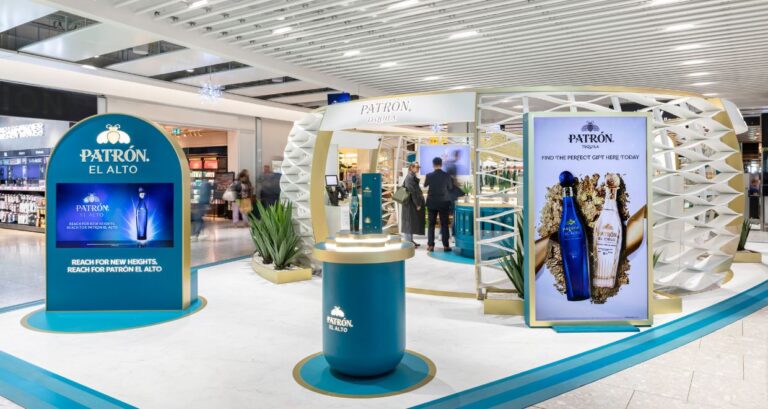
EXPERIENCIA PATRÓN – A Masterclass In Retail Activation
There is a huge amount to admire about the way…
